Interview with Prof. Spiros Gounaris
Interview with Prof. Spiros Gounaris

Prof. Spiros Gounaris
Prof. Spiros Gounaris
Professor of Marketing and Associate Vice Dean Research at University of Strathclyde Business School.
Vice President for Corporate Relationships European Marketing Academy (EMAC).
Chairman of the Organising Committee of EMAC 47th Annual Conference 2018.
Spiros, please tell us about your research?
During the early years, my research focused on building a market-oriented organization, which was also part of my Doctoral Thesis. I then quickly moved on services marketing, a decision partly triggered by my industry experience before joining academia. In this field, I have looked at various topics, including service elimination, new service development, adoption of service innovation and the construct of service quality in B2B services (B2B has always been at the core of my interests since this context is really underdeveloped, even today). At a much later stage I started looking at internal marketing and the concept of IMO, which remains part of my key interests today, alongside the impact of branding for B2B exports and B2B customer’s experience from their supplier.
You have a broad experience in consultancy. What are the most successful companies doing to innovate in marketing?
They rely less on the serendipity kind of innovation. They foster creativity and they listen closely to their customers to try to understand both their existing as well as their latent needs and successfully match them with technological advances in their sector.
With more than 30 years of experience in Marketing, Spiros, from your perspective what are the biggest challenges that marketers will face in the next future?
Unfortunately, this is a long list. I would though like to focus on the three key priorities I see for the marketing manager today. There are marketing managers who rely only on their job experience lacking any formal education. This must change especially because many marketing practices also change but the theory upon which the practice of marketing today and in the future has not changed that much really. Hence, before they can adapt and adopt the emerging practices, it is profound they build a solid theoretical background in marketing. Funny as it may be, a large number of managers think they can easily practice marketing without any formal education but the same people would not dare to claim the same if asked to practice, for example finance or operations management.
Marketing managers, even those with a formal education in marketing, need also to realize the importance of the decisions they make to the financial health of their company. In other words, marketing managers must also have a strong understanding of managerial accounting and be able to assess how their decision impact on the company’s financial performance.
Third, yet equally important to the other two, is to develop very strong analytical and mathematical skills. One, of the many, misconceptions about marketing, is that it relies mainly on interpersonal and relational skills. Actually, marketing is more about crunching the numbers and understanding the facts prior to making a decision than anything else. A narrative description of the company’s external environment is useful and important but only in terms of contextualizing the hard evidence that comes from trend and demand or marketing research analysis. Unless the marketing manager has such skills, it will be impossible to design an effective marketing strategy for a market environment that, regardless of sector, is increasingly becoming more and more complex.
As you know, the theme of the International Conference is “Sustainable business models: integrating employees, customers and technology”. How relevant it is that employees, customers and technology can be integrated into the marketing strategies of companies? How can it be implemented effectively?
The answer to the first question is almost self-evident. The technology and the employees’ skills are two critical components of the company’s internal environment (resources and capabilities) that will allow the organization to meet the expectations and the wants of the customer as well as the promise to fulfill them. As to the implementation question, this really requires an anthropocentric organization that, at the same time, is market and results driven monitoring performance, goal achievement against Key Performance Indicators very closely and systematically.
You will be a distinguished guest speaker at CBIM2018 (Madrid, 18-20 June 2018). The title of your intervention is “The Key Challenges of Marketing in the B2B Context. A Concurrent View”. Could you please tell us something in advance?
We live in times in which the progress in IT precipitate the advances and the changes, both for the society and the business / entrepreneurship. During the last 30 years we witnessed the massification of personal computing, then web and web 2.0 technologies, the wide adoption of the social media and there is more to come as Augmented Reality and Artificial Intelligence are merely steps from our door front. Hence a key challenge is to incorporate these new technologies in the practice of marketing in such a way that will not humper the efficiency or the effectiveness of marketing practice.
What message do you have for young researchers on marketing?
To realise that a career in academia (and thus education) is as competitive as in any other sector. For example, do the very simple maths. In comparison to the 1990’s the number of Marketing journals or the issues they publish annually has not increased at all. Yet, the supply of research efforts submitted for publication has increased dramatically. As a result, getting your research published to move your career forward is becoming increasingly demanding and challenging. This means they have to seek to develop their own competitive position and advantage. In doing so, early career researchers have to realise that the impact of the research we produce is going to become increasingly important. Explorative and/or interpretive research will become less and less relevant as such research paths are less likely to generate impact opportunities because of the difficulty to generalize the findings to the extent which any stakeholder (policy makers and business alike) need before they can adopt and take actions. Early career researchers must start focusing on producing more conclusive research and become able to lead policy makers and practicing marketing managers in the way they approach how the markets and competition functions.
